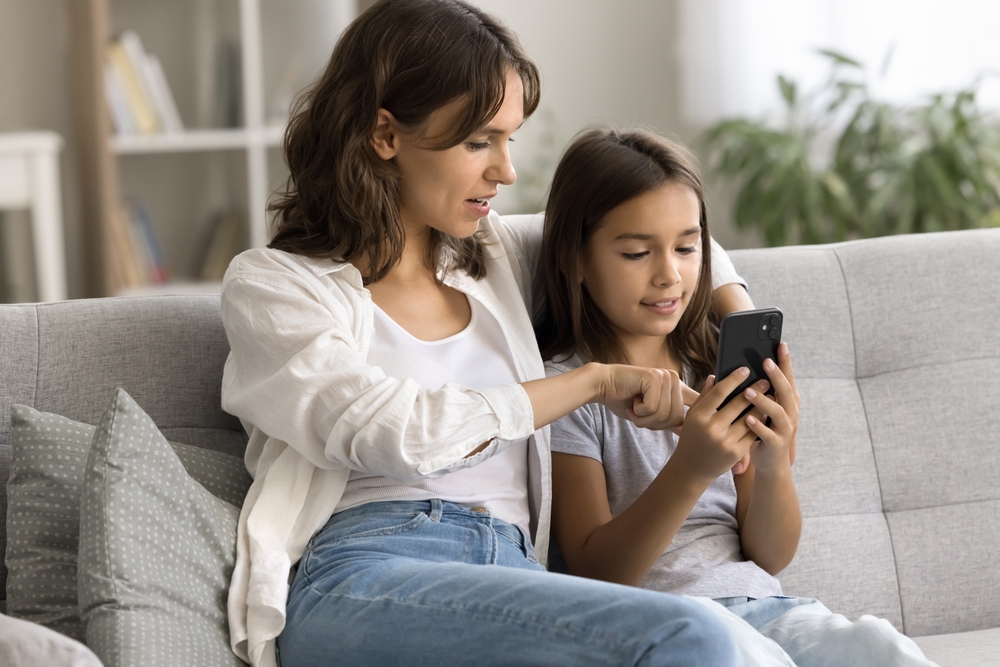Gelda Waterboer, a first-grade teacher at Rogate Primary School in Namibia, has become an overnight viral sensation after posting a video of herself leading her students in a catchy, but important song about body boundaries. The video quickly amassed over 92 million views on TikTok within just over a week, resonating with viewers worldwide for its straightforward and impactful message.
Teaching Important Boundaries Through Song

TikTok, though often problematic, sometimes pulls through with some valuable and important content, such as the video by Gelda Waterboer. The video shows Waterboer singing with enthusiasm alongside her young students. The first lyrics are:
“These are my private parts, private parts, private parts, these are my private parts, no one should touch them, no one should see them.”
As she sings, she gestures clearly to her chest, crotch, and behind to help reinforce the concept. The song continues with an assertive message to encourage children to speak up:
“And if you touch my private parts, private parts, I will tell my mother, I will tell my father, I will tell my teacher.”
This method of teaching empowers children to understand which parts of their bodies are private. It stresses the importance of telling trusted adults if someone tries to cross those boundaries.
Praise and Support from the Online Community

Many viewers are praising Waterboer’s approach to addressing a difficult but essential topic with young children. They also have been sharing personal stories about messaging that helped them when they were younger or about how this kind of teaching has helped their own children.
”Yes. Louder! Teaching kids to not be shy about this is so important.” Wrote one person.
”This is actually the level of seriousness needed for this,” said someone else.
The video sparked an important conversation about how educating children early about body autonomy can be a crucial protective measure for them.
Read More: People want to bring home economics classes back to schools to teach kids basic life skills
Responding to Criticism
Despite the overwhelmingly positive reaction, some critics argued that first-graders might be too young to be introduced to such topics. Gelda Waterboer responded firmly, emphasizing that the lesson is valid and necessary.
“Teaching our children to say ‘no’ is not just about manners – it’s about protection,” she stated. “Every child must know that their body belongs to them, and no one has the right to touch them in a way that feels wrong or uncomfortable.”
Waterboer stressed the responsibility of adults, parents, and teachers to foster a safe environment where children feel confident to speak out.
Creating Safe Spaces for Children
Communicating bodily autonomy to children, both younger and older, can be difficult for many adults. By using music and engaging her students in this sing-along, Waterboer has found an effective and age-appropriate way to introduce the concept of personal boundaries. Her viral video illustrates the importance of early education on body safety and can inspire educators worldwide to have open and honest conversations with children on this critical topic. This is a powerful reminder that protecting children starts with clear communication and empowering them to advocate for themselves.
Read More: Man abandoned by his Dad at 14, makes videos teaching children what dads normally teach kids

